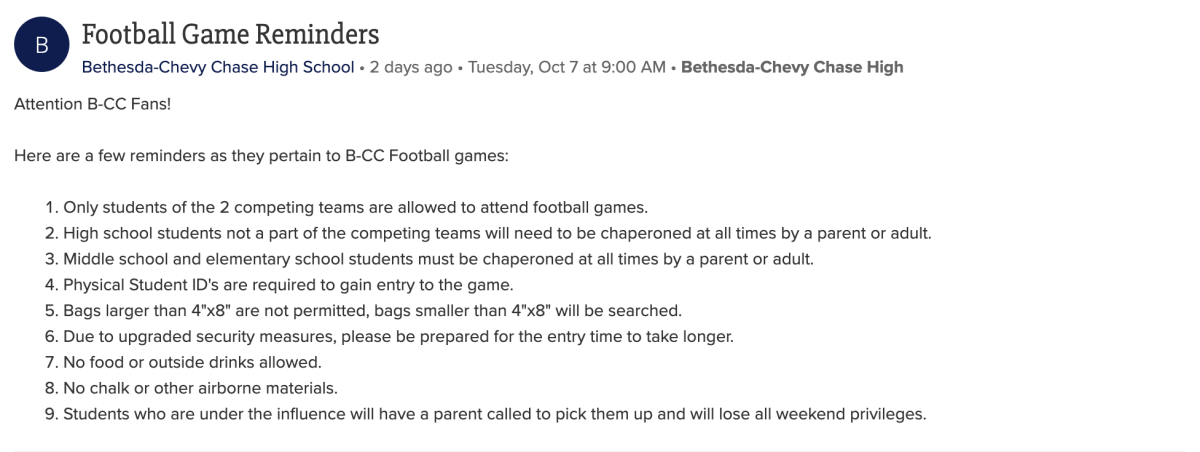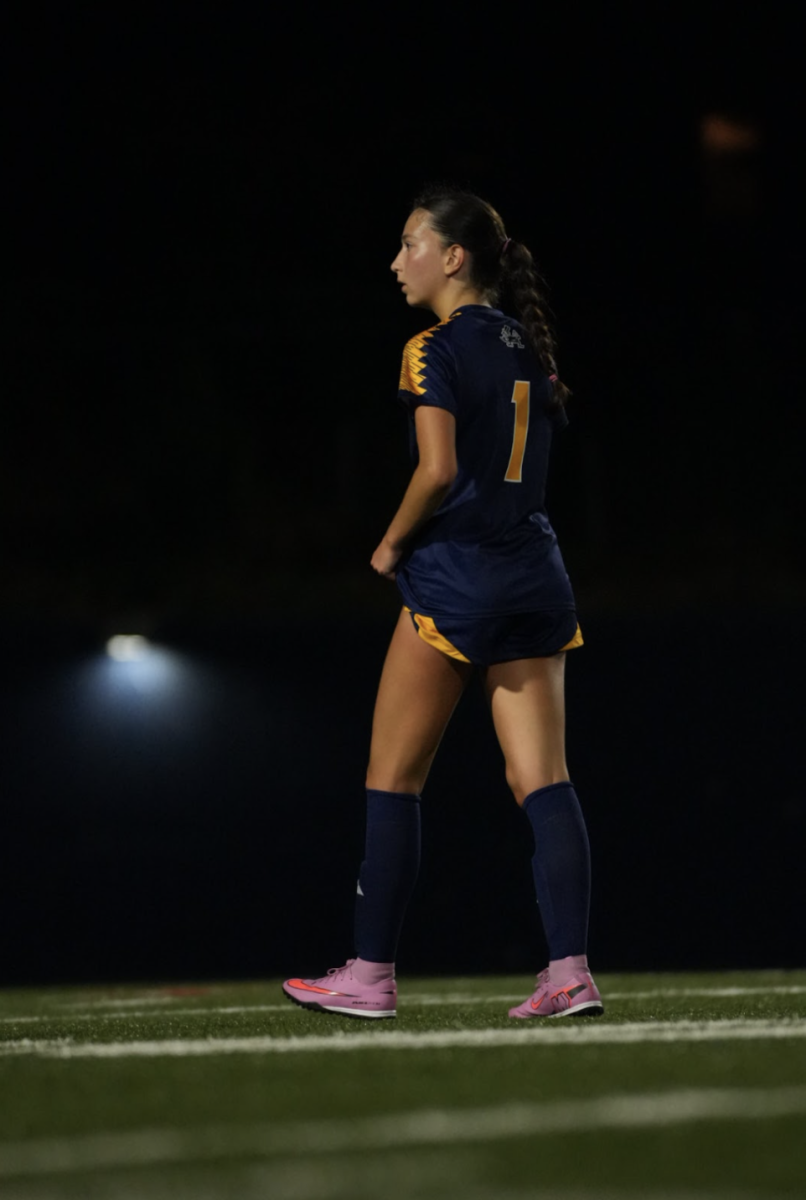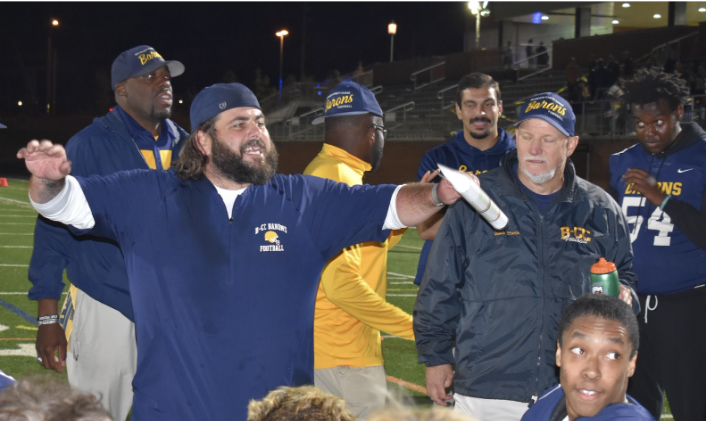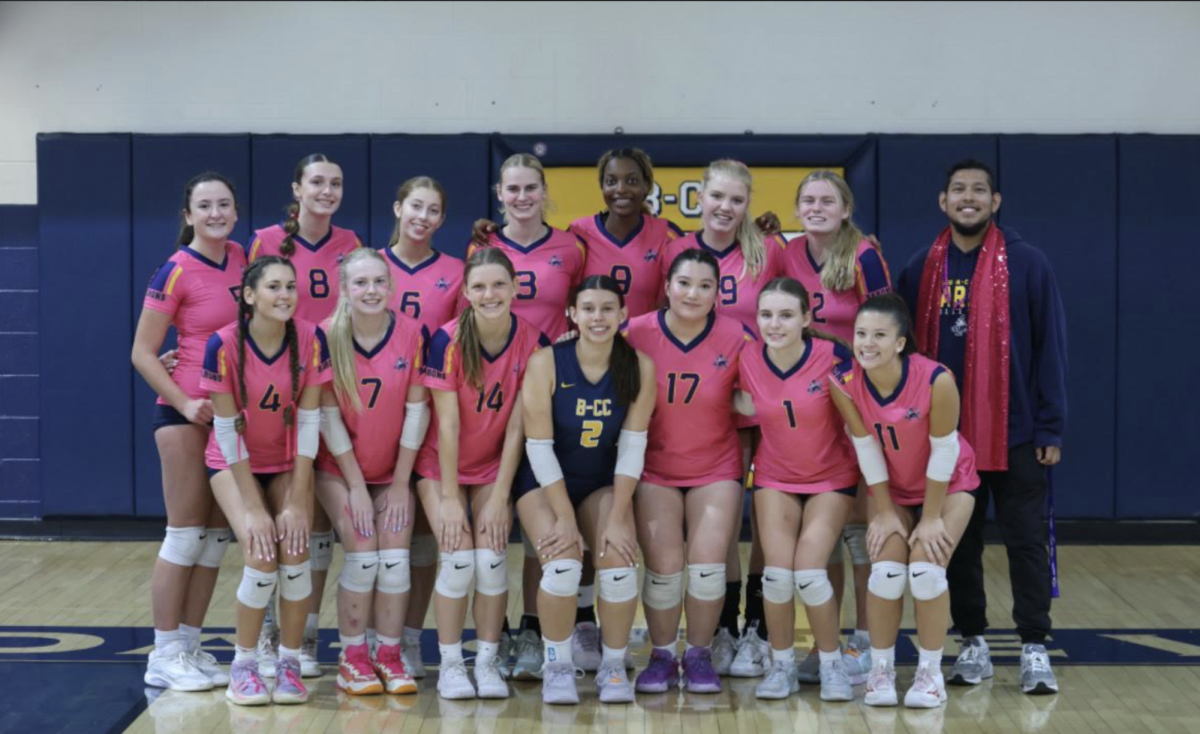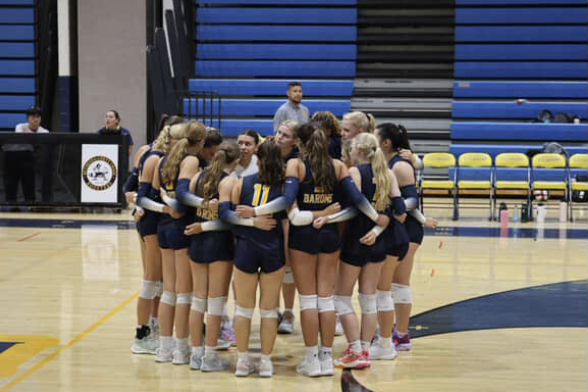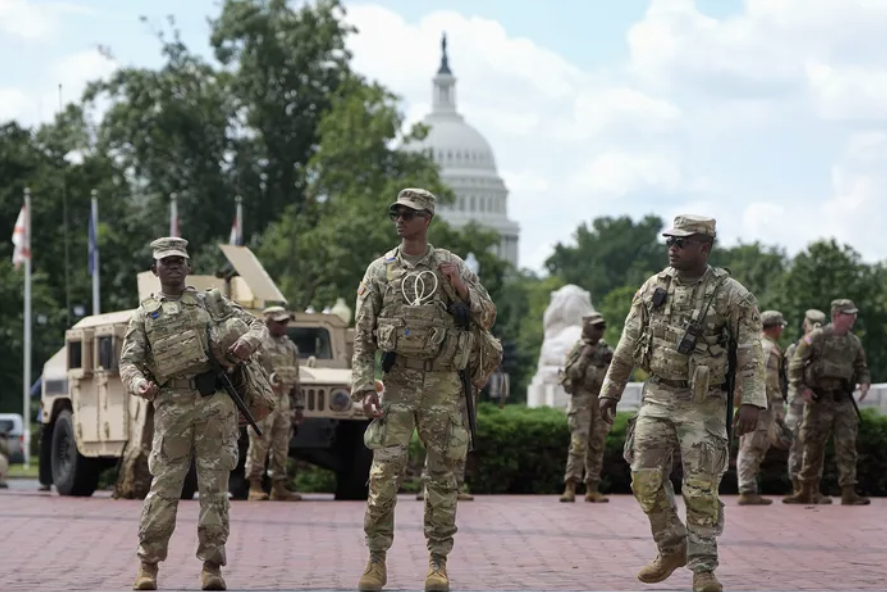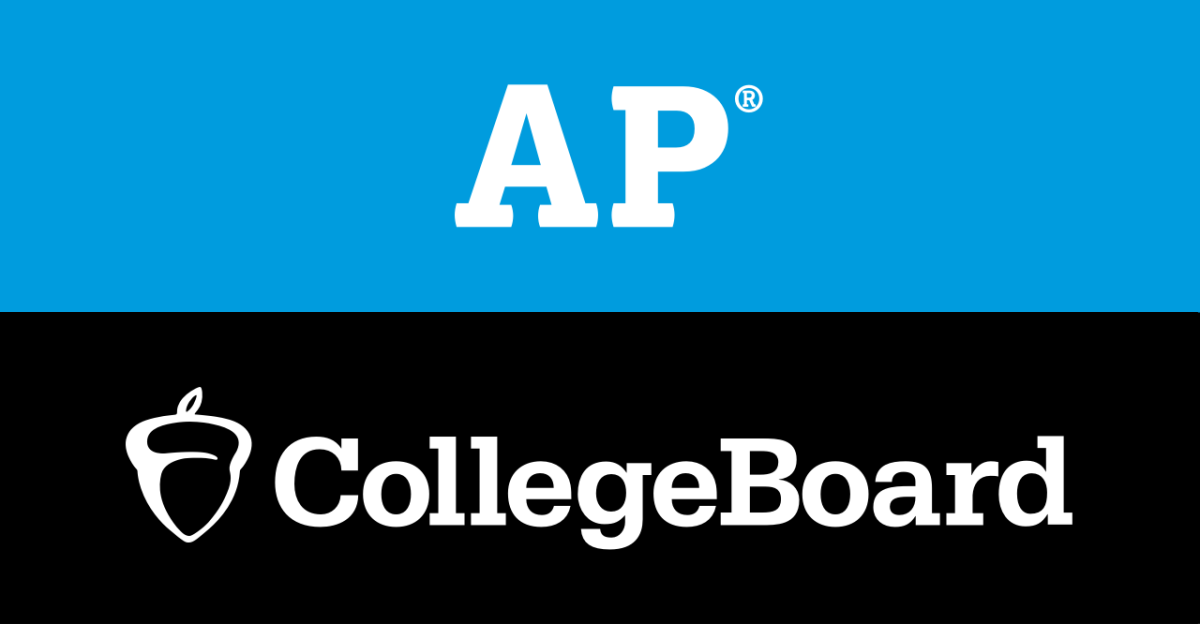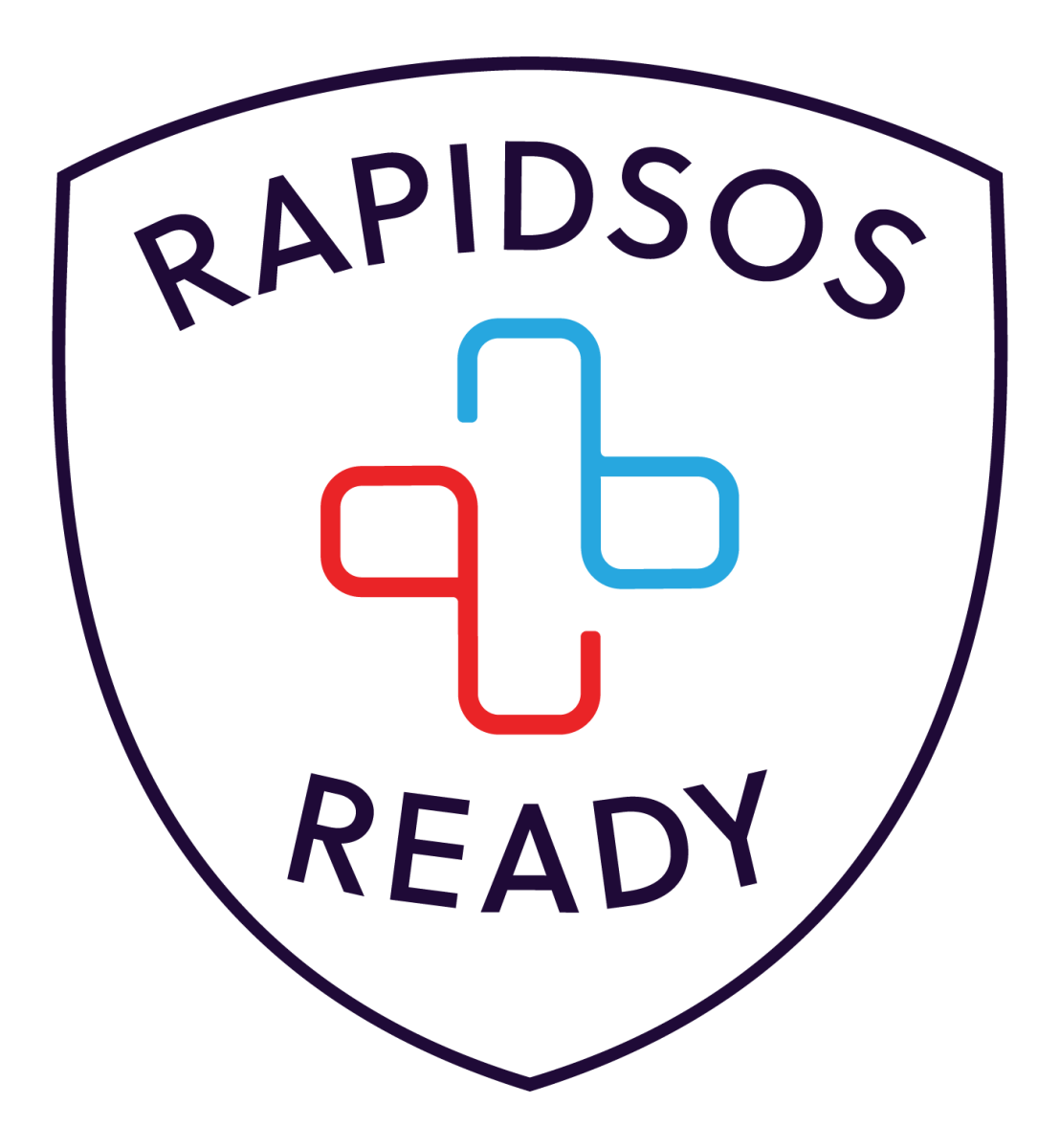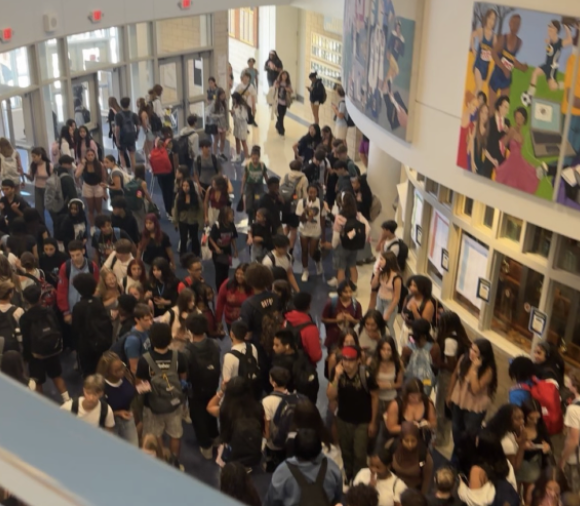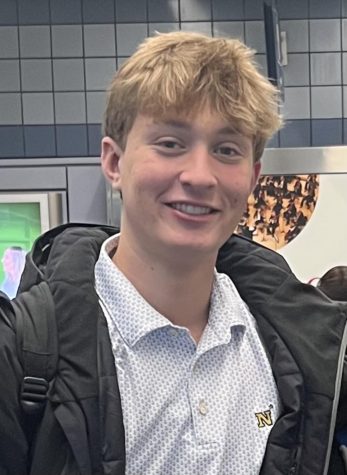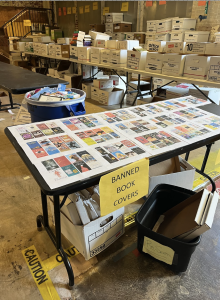Educating Behind Enemy Lines
B-CC students establish “School by Any Means”, a secret virtual academy, to educate as many Afghan girls and woman as possible.
November 14, 2022
In the midst of the Taliban’s takeover in Afghanistan, and their prohibition of girls’ education, Afghan students at Bethesda Chevy Chase High School (B-CC) created “School by Any Means” (S-BAM), a secret virtual academy that educates as many Afghan girls and women as possible.
During S-BAM’s inaugural session, 25 Afghan girls and women attended nine classes led by IB Anthropology teacher David Lopilato and student reporters from The Tattler, B-CC’s school newspaper. The Afghan students learned the basics of journalism, such as how to conduct interviews and write different types of stories (i.e., news briefs, features, etc).
Co-founder of S-BAM, Sayed E. Nabizada, stated their mission “is to ensure that students around the globe are engaged with education and basic learning.” Nabizada later added that they seek out, “The hidden talents [of students around the world] impacted or stopped by poverty, immigration, war, etc.—domestically and abroad—by any means.”
In addition to educating those without proper schooling, or without any education, S-BAM hopes to amplify the voices of their students, primarily, those who have been suppressed by their government or culture.
One Afghan girl expressed that the program encouraged her to “raise her voice against cruelty…and find a way possible to get educated and overcome all the difficulties,” instead of “[surrendering] to ignorance.”
Students like her aren’t the only ones learning. According to the other founder of S-BAM, Anosh Sediqui, the team behind S-BAM also learned how to educate others by speaking with numerous teachers, educational experts, students, administrators, parents, and community members.
Nevertheless, the team’s S-BAM classes ran into several technical difficulties due to the lack of adequate internet connectivity in Afghanistan, but it wasn’t long before S-BAM teachers learned how to maneuver around them. “Those are the kind of workarounds we need to learn because we need to help [the Afghan girls] keep learning,” asserted Mr. Lopilato.
The journalistic work produced by the Afghan girls and women will be shared alongside the work of MCPS students later this year through The Amplifier, a student-led magazine in Montgomery County, Maryland. A film documenting S-BAM’s virtual academy will also be released by B-CC student Ellis Chung.
Moving forward, S-BAM plans to organize more virtual workshops and panels with educational experts to help youth learn about themselves and their strengths.
“We pride ourselves for doing this, we are taking risks to ensure everyone is in school,” explained Nabizada. “For some people [school] seems surreal, but we want to make it happen…they need to have an education.”
One of S-BAM’s assistant teachers, Michael Shapiro, added that the program “put into perspective how important education is” and “pushed me to teach and help these remarkable students as much as I can.”
In an effort to maintain their relationship with the Afghan students, Mr. Lopilato and the S-BAM team host a Zoom meeting every Thursday with them, talking about anything from American culture to the different languages spoken in Afghanistan.



